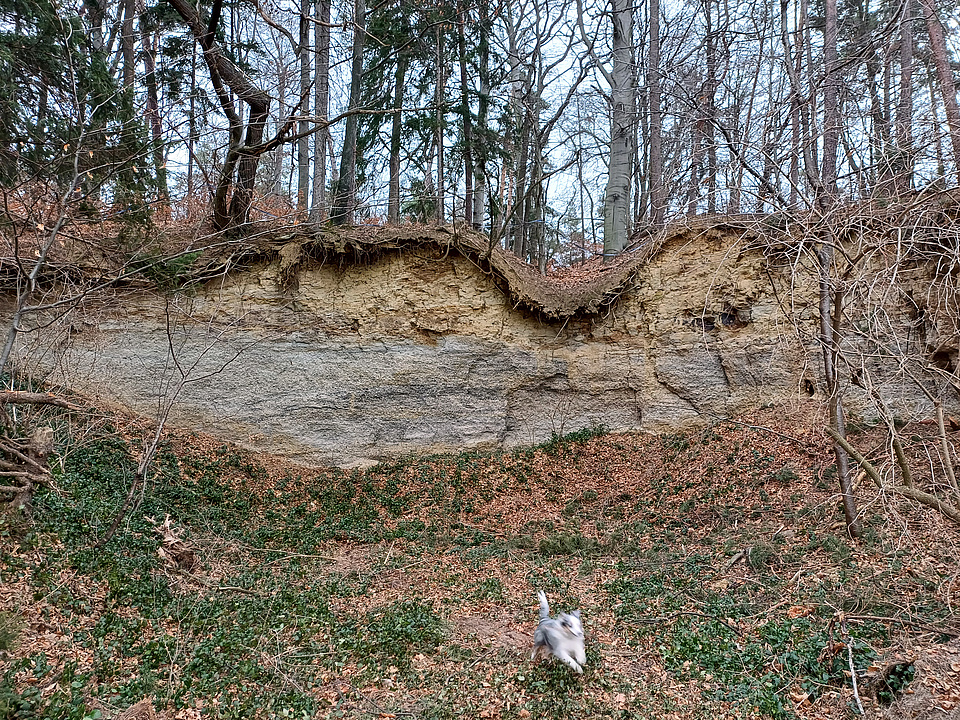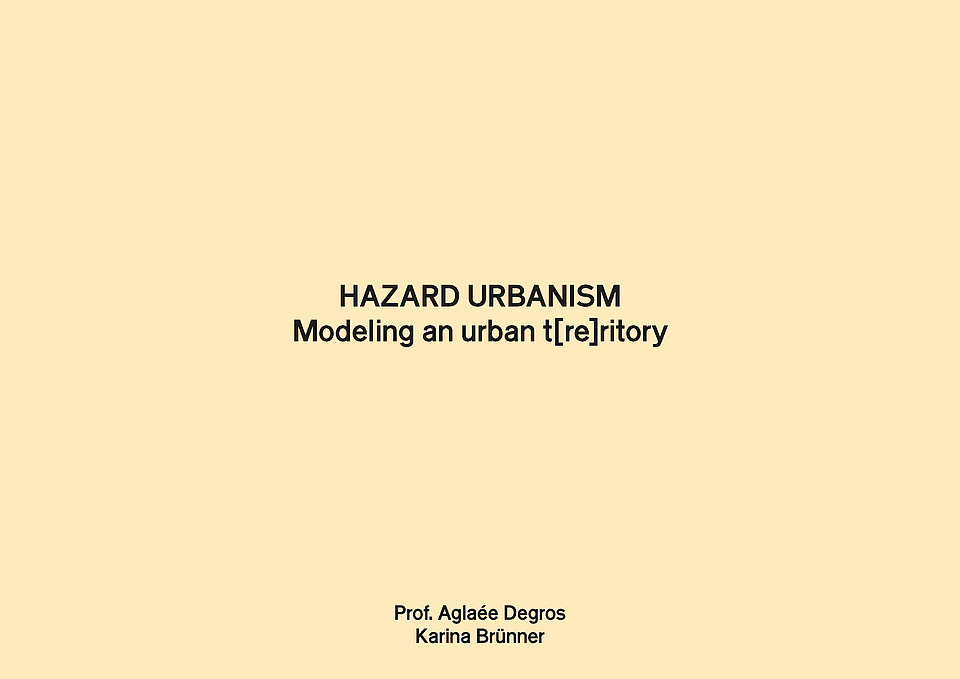WF: Hazard Urbanism

This seminar focuses on climate change and the increasing frequency of extreme weather events, which have a significant impact on urban planning and construction. Risk-adaptive urbanism forms our approach to explore areas in Graz that are exposed to various risks such as natural disasters, climatic changes, and industrial influences.
The goal is to gain a comprehensive understanding of the territory to identify and comprehend potential risks. Based on this understanding, appropriate architectural and urban planning measures will be developed to respond effectively. The attention is directed towards different hazard zones such as floods, landslides, and overheating, considering both technical and social responses within the framework of planning and construction processes . The seminar begins with an introductory phase that deepens the theoretical and conceptual understanding of risks and hazards. This forms the basis for the analysis of existing situations in Graz and possible reactions in the f ield of architecture and urban planning.
In collaboration with the Graz Museum and the Institute of Construction and Design Principles (KOEN), a schematic cross-section of an urban ecosystem will be realized in a model. The built model aims to provide insight into the complex and interconnected worlds of human infrastructures, non-human actors, and habitats.
